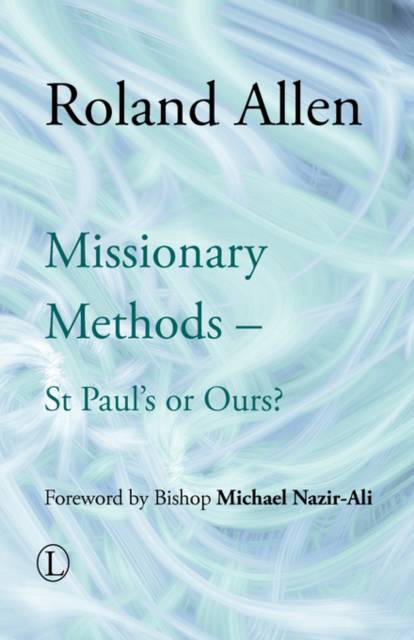
- Afhalen na 1 uur in een winkel met voorraad
- Gratis thuislevering in België vanaf € 30
- Ruim aanbod met 7 miljoen producten
- Afhalen na 1 uur in een winkel met voorraad
- Gratis thuislevering in België vanaf € 30
- Ruim aanbod met 7 miljoen producten
Zoeken
€ 23,95
+ 47 punten
Uitvoering
Omschrijving
Within a decade, St. Paul established the Church in the four provinces of Galatia, Macedonia, Achaia and Asia. This informative study focuses on the social background to the Apostle's missionary journeys with comparisons between his methods and those of the modern day. The book divides into five parts; the first examines the social and religious world which the Apostle inhabited in AD 50; the second addresses how St. Paul presented the Christian Gospel and his financial policy of self-support for the newchurches. Here, contrasts are made between St. Paul's financial and missionary principles, which differ alarmingly from those of the nineteenth and twentieth centuries. The rapidity of the Apostle's appointment of responsible church leaders is sharply contrasted with the slowness of the present in the third part. Part four deals with St. Paul's procedures for authority in churches, where those of the present day fail to address the conscience of the local church. Conclusions are provided in part five andthe clarity and vigour of Allen's style ensures the reader's interest is maintained to the end. 'Many missionaries in later days have received a larger number of converts than St. Paul; [...] but none have so established churches. We have long forgotten that such things could be.' Extract from Chapter One.
Specificaties
Betrokkenen
- Auteur(s):
- Uitgeverij:
Inhoud
- Aantal bladzijden:
- 188
- Taal:
- Engels
- Reeks:
Eigenschappen
- Productcode (EAN):
- 9780718891688
- Verschijningsdatum:
- 24/08/2006
- Uitvoering:
- Paperback
- Formaat:
- Trade paperback (VS)
- Afmetingen:
- 140 mm x 216 mm
- Gewicht:
- 249 g

Alleen bij Standaard Boekhandel
+ 47 punten op je klantenkaart van Standaard Boekhandel
Beoordelingen
We publiceren alleen reviews die voldoen aan de voorwaarden voor reviews. Bekijk onze voorwaarden voor reviews.







